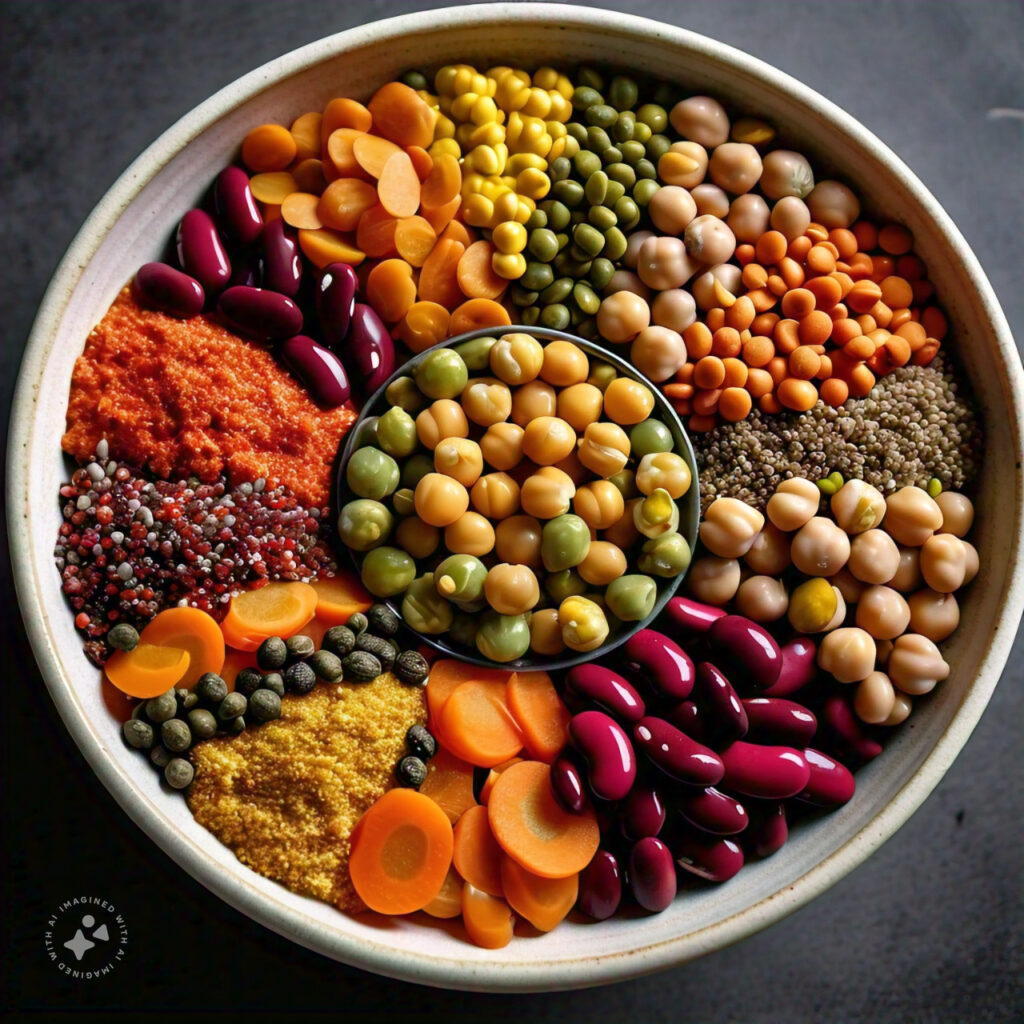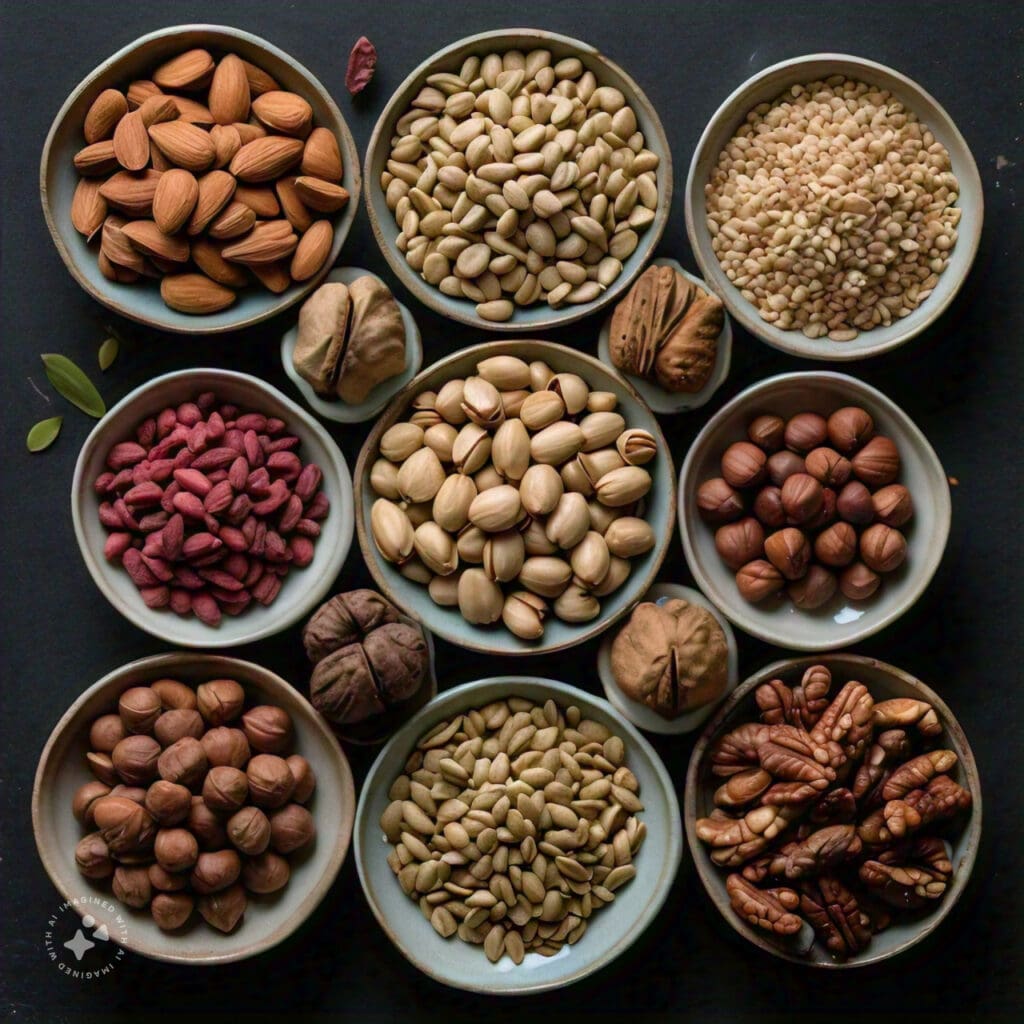
Iron is a crucial mineral that plays a vital role in maintaining good health and overall wellbeing. It is essential for the production of hemoglobin, a protein in red blood cells that carries oxygen throughout the body.
Without sufficient iron, the body cannot produce enough healthy red blood cells, leading to iron deficiency anemia.
In this post, we will explore the importance of iron-rich foods, their health benefits, the latest research findings, and practical tips on incorporating these foods into your diet.
The Importance of Iron for Health and Wellbeing
Iron is indispensable for numerous bodily functions, including:
- Oxygen Transportation: Iron is a key component of hemoglobin, which binds oxygen in the lungs and transports it to tissues throughout the body. Adequate oxygen supply is essential for energy production, cognitive function, and overall vitality.
- Immune System Support: Iron is involved in the production of immune cells and enzymes that help the body fight off infections. A healthy immune system is crucial for preventing illnesses and maintaining overall wellbeing.
- Energy Metabolism: Iron is required for the conversion of food into energy. It is a component of various enzymes that play a role in metabolic processes, including the production of ATP (adenosine triphosphate), the body’s primary energy currency.
- Cognitive Function: Iron is essential for brain health and cognitive function. It helps maintain proper brain function by ensuring that neurons receive adequate oxygen and nutrients. Iron deficiency, particularly in children, can lead to impaired cognitive development and reduced learning abilities.
Iron-Rich Foods
To maintain optimal health, it’s important to eat foods that are rich in iron. There are two types of dietary iron: heme iron and non-heme iron.
Heme iron, found in animal products, is more easily absorbed by the body than non-heme iron, which is found in plant-based foods.
Heme Iron Sources:

- Red Meat: Beef, lamb, and pork are excellent sources of heme iron. A serving of lean beef, for example, provides a significant portion of the daily recommended intake of iron.
- Poultry: Chicken and turkey are good sources of heme iron, particularly the darker cuts like thighs and drumsticks.
- Seafood: Fish such as salmon, tuna, and sardines are rich in heme iron. Shellfish, particularly oysters, clams, and mussels, are also excellent sources.
- Organ Meats: Liver, kidneys, and heart are some of the most iron-dense foods available.
Non-Heme Iron Sources:

- Legumes: Beans, lentils, chickpeas, and peas are rich in non-heme iron. Incorporating these into your diet can help meet your iron needs.
- Leafy Greens: Spinach, kale, and collard greens are good sources of non-heme iron, although the iron in these foods is less readily absorbed by the body.
- Nuts and Seeds: Pumpkin seeds, sesame seeds, cashews, and almonds are all rich in non-heme iron.
- Whole Grains: Quinoa, brown rice, and fortified cereals can help boost iron intake, especially for those following a plant-based diet.
- Dried Fruits: Raisins, apricots, and prunes provide a convenient source of non-heme iron and can be easily added to meals or snacks.

Health Benefits of Iron-Rich Foods
- Prevention of Anemia: Iron-rich foods are essential in preventing iron deficiency anemia, a condition characterized by fatigue, weakness, and pallor. Anemia is particularly common in women of childbearing age, pregnant women, and young children, making it important for these groups to consume sufficient iron.
- Enhanced Physical Performance: Iron plays a key role in energy metabolism, which is crucial for physical performance. Athletes and active individuals need to ensure they consume enough iron to support their energy needs and optimize performance.
- Improved Cognitive Function: Adequate iron levels are essential for maintaining cognitive function, particularly in children and adolescents. Studies have shown that iron deficiency can lead to cognitive impairments, including difficulties with attention, memory, and learning.
- Support for Healthy Pregnancy: During pregnancy, a woman’s iron needs to increase significantly to support the growing fetus and the increased blood volume. Consuming iron-rich foods helps prevent pregnancy-related anemia and supports the healthy development of the baby.
- Boosted Immune Function: Iron is essential for the proper functioning of the immune system. It supports the production of immune cells that help fight infections and maintain overall health.
Latest Research Findings
Recent research continues to highlight the importance of iron in various aspects of health:
- Iron and Cognitive Development: A study published in the journal Pediatrics found that iron supplementation in children with iron deficiency improved cognitive development and behavior. The study emphasized the importance of early intervention to prevent long-term cognitive impairments.
- Iron and Heart Health: A study published in The Lancet indicated that low iron levels are associated with an increased risk of coronary artery disease. The researchers suggested that maintaining adequate iron levels through diet could be a potential strategy for reducing the risk of heart disease.
- Iron and Immune Function: Research published in Frontiers in Immunology highlighted the role of iron in modulating the immune response. The study found that iron deficiency impairs the ability of immune cells to respond to infections, leading to increased susceptibility to illnesses.
- Iron Bioavailability: New research is exploring ways to enhance the bioavailability of non-heme iron from plant-based foods. A study in The American Journal of Clinical Nutrition found that combining non-heme iron sources with vitamin C-rich foods significantly improves iron absorption, making it easier for vegetarians and vegans to meet their iron needs.
Practical Applications for Incorporating Iron-Rich Foods
- Balanced Diet: Ensure your diet includes a variety of iron-rich foods from both heme and non-heme sources. This balance will help you meet your daily iron needs and optimize absorption.
- Pairing with Vitamin C: To enhance the absorption of non-heme iron, pair iron-rich plant foods with vitamin C-rich foods such as citrus fruits, tomatoes, and bell peppers. For example, add lemon juice to a spinach salad or enjoy a side of fruit with your meal.
- Cooking Techniques: Cooking with cast iron cookware can increase the iron content of your food, particularly when preparing acidic foods like tomato sauce. This can be a simple way to boost your iron intake.
- Iron Supplements: If you are unable to meet your iron needs through diet alone, consider taking an iron supplement. However, it is important to consult with a healthcare provider before starting supplementation, as excessive iron intake can be harmful.
- Mind Dietary Inhibitors: Some foods and beverages, such as tea, coffee, and dairy products, can inhibit iron absorption. To maximize iron intake, avoid consuming these inhibitors with iron-rich meals.
- Fortified Foods: Incorporate iron-fortified foods, such as breakfast cereals and bread, into your diet, especially if you follow a vegetarian or vegan diet.
- Regular Monitoring: Regularly monitor your iron levels, especially if you are at risk of deficiency. Pregnant women, menstruating women, athletes, and individuals with certain medical conditions may require more frequent monitoring to ensure adequate iron intake.
Conclusion
Iron is a vital nutrient that plays a critical role in maintaining overall health and wellbeing. Make sure to include a mix of foods that are rich in iron in your diet, and follow the helpful tips mentioned earlier.
This way, you can make sure that your body gets enough iron to work at its best. Staying informed about the latest research findings and making conscious dietary choices can help you prevent iron deficiency and support your long-term health.


